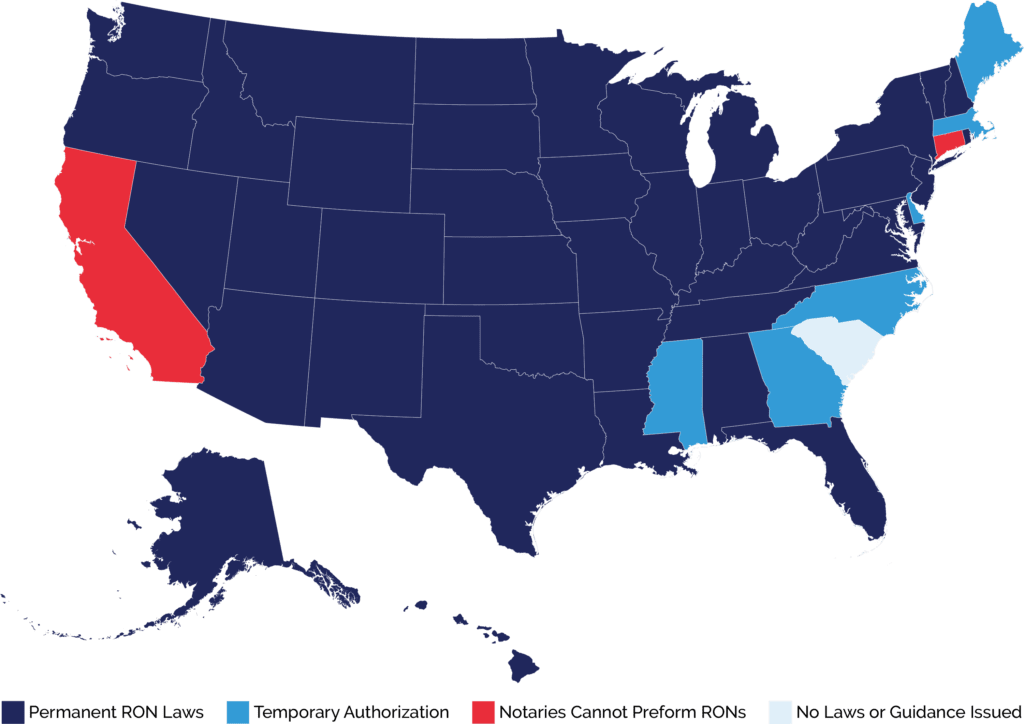In today’s fast-paced digital world, convenience is everything — even when it comes to buying a home. Thanks to online notary services, you can now close on a home from anywhere in the world without setting foot in an office or title company. Whether you’re relocating, traveling, or buying property remotely, online closings offer a seamless, secure, and legally valid way to complete your real estate transaction.
What Is an Online Real Estate Closing?
An online real estate closing, also called a remote online notarization (RON) closing, is the process of signing and notarizing closing documents electronically via a secure video call. This allows buyers, sellers, and real estate professionals to participate from any location — eliminating the need for in-person meetings.
Benefits of Closing on a Home Online
- Convenience: Close from your home, office, or even while on vacation.
- Faster Processing: Online notarization speeds up paperwork turnaround times.
- Flexibility: Schedule signings outside of regular business hours.
- Security: Encrypted platforms ensure document safety and identity verification.
- Cost Savings: Avoid travel expenses and time off work.
Steps to Close on a Home Online from Anywhere
- Confirm Eligibility for Remote Online Closing
First, check if your state, lender, and title company allow remote online notarization (RON). Many states have legalized RON, but some transactions may still require in-person elements depending on the jurisdiction. - Choose a Trusted Online Notary Service
Select an approved and licensed online notary platform (like ours) that specializes in real estate closings. Verify that the service complies with state and federal regulations and provides secure identity verification and document storage. - Prepare Your Documents
Your closing agent or title company will send you digital copies of all documents needing signatures and notarization. Review these carefully before your appointment. - Verify Your Identity Online
Before the session, you’ll complete an identity verification process — typically using multi-factor authentication such as:- Government-issued ID scan
- Knowledge-based authentication (KBA) questions
- Facial recognition match
- Join the Online Closing Session
On the scheduled day, log in via a secure link to connect with the online notary via video. During this session:- The notary will verify your identity.
- You’ll electronically sign the documents.
- The notary will apply a digital seal to notarize the documents.
- Receive Your Completed Closing Package
After completion, you’ll receive your fully executed documents electronically. These files are legally valid and ready for submission to your lender, title company, or county recorder.
What You’ll Need to Close Online:
- A reliable internet connection
- A smartphone, tablet, or computer with a camera
- A government-issued ID (driver’s license, passport, etc.)
- Access to the email address provided to your notary platform
Is Closing Online Secure and Legal?
Yes — remote online notarizations follow strict state laws and federal guidelines, including encrypted video technology, tamper-evident seals, and identity verification protocols. Most mortgage lenders, title companies, and county recorders accept electronically signed and notarized documents.
Why Use Our Online Notary Service?
At Ohio Electronic Notary, we specialize in fast, secure, and legally compliant online notarization for real estate closings. Whether you’re closing on your first home, an investment property, or refinancing, we make it simple to close anytime, from anywhere.
✔ 24/7 Availability
✔ Competitive Pricing
✔ Trusted by Title Companies and Lenders Nationwide
Ready to Close on Your Home Online?
Contact us today to schedule your remote closing appointment or learn more about how we make real estate transactions easier, faster, and fully digital.
How to close on a home online, online real estate closing, remote online notary, close on a home from anywhere, online home closing service, remote closing real estate, secure online notarization, digital real estate closing.






